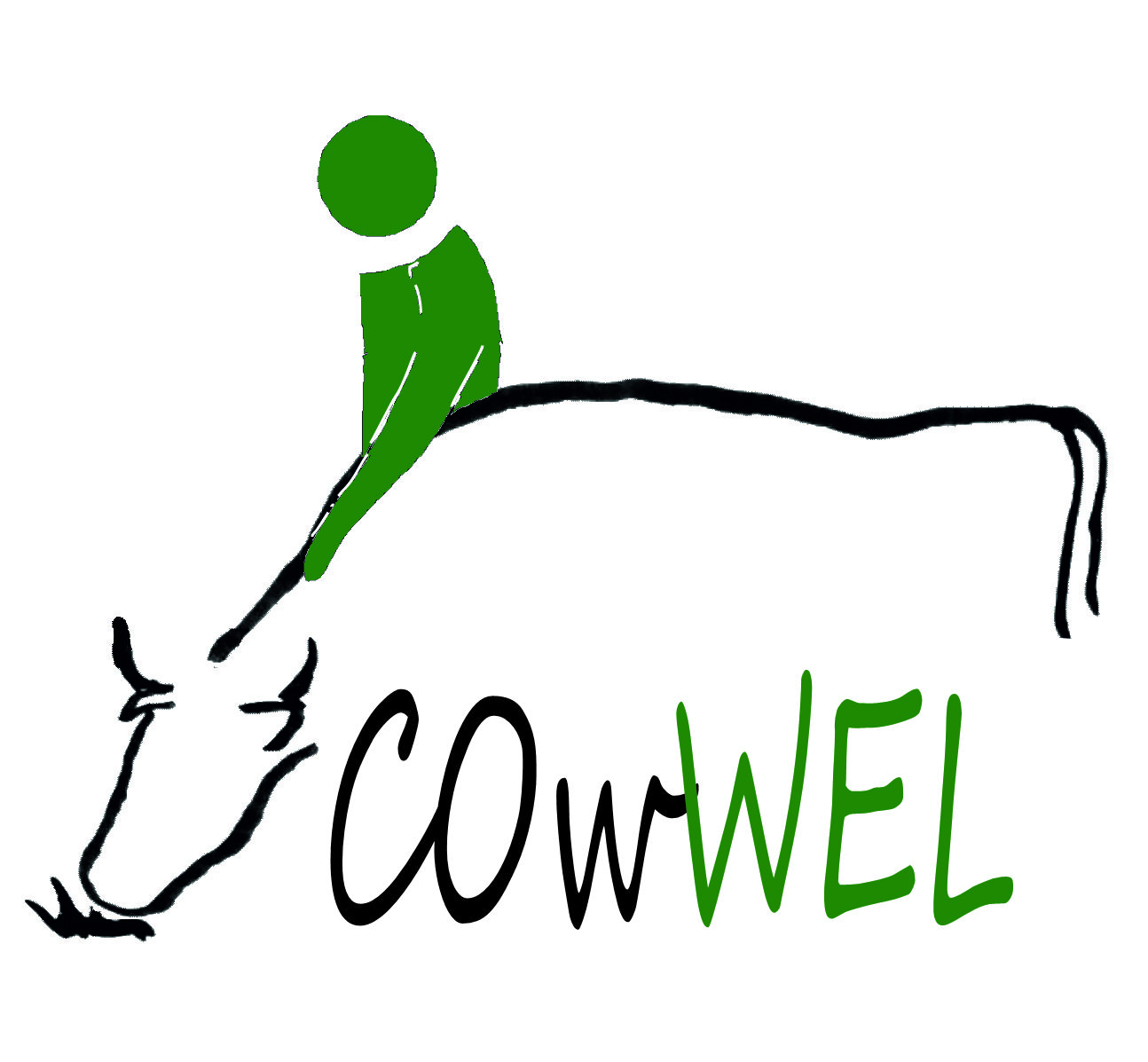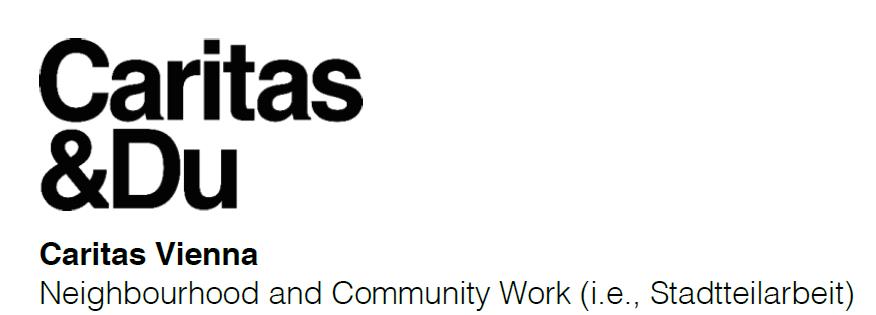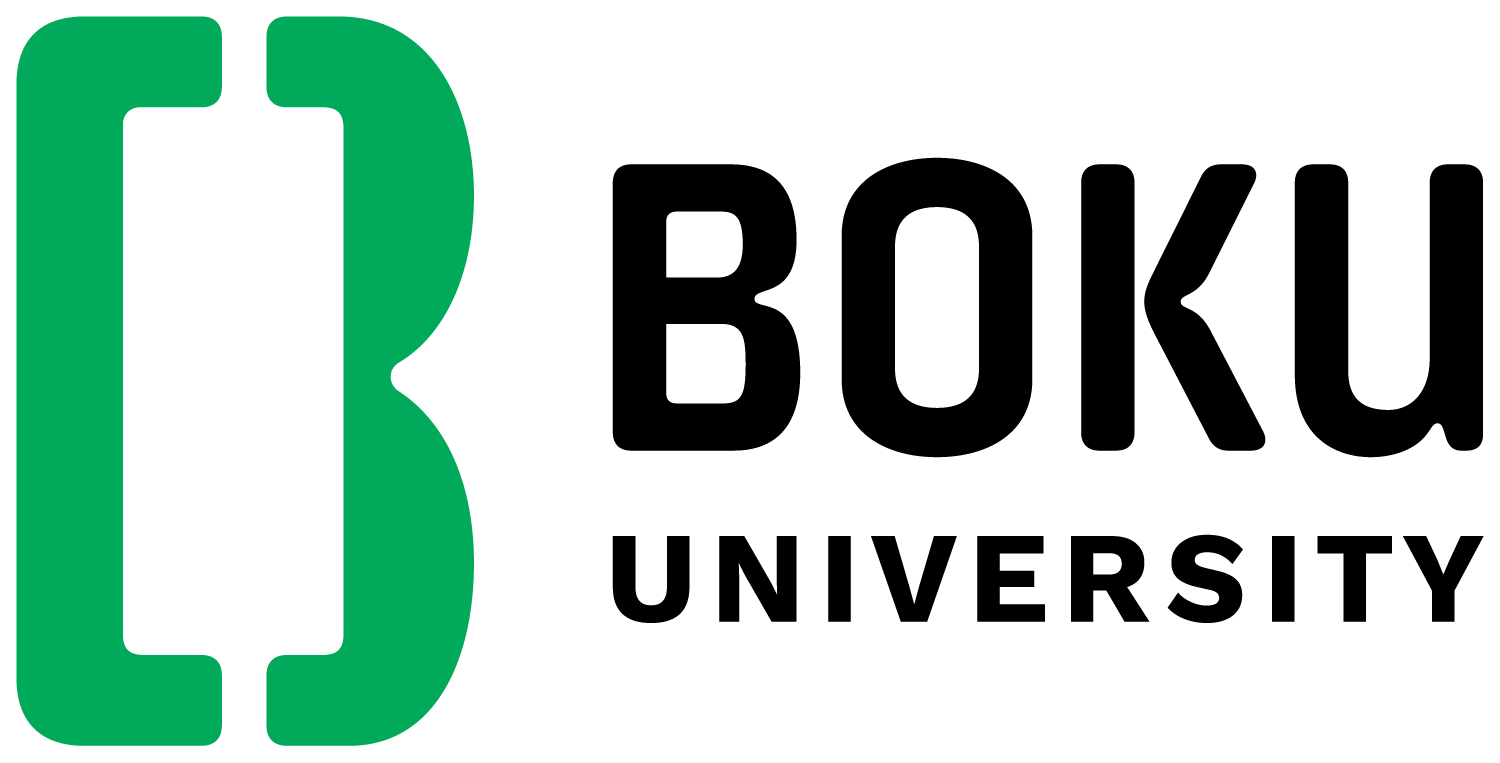About the Project
The project „COwWEL“ aims to investigate food vulnerability, well-being, and sustainable food consumption. It focuses on socioeconomically disadvantaged groups, who have been underrepresented in research on healthy and sustainable nutrition. These groups are disproportionately affected by the consequences of unhealthy diets and food poverty and face difficulties accessing high-quality food, particularly due to the price increases of recent years.
Goals of the Project
The COwWEL project aims to develop strategies that promote healthy and sustainable consumption habits, especially in vulnerable groups. In collaboration with the base project „COwLEARNING for sustainable beef and dairy supply“, pathways to more inclusive food systems will be identified.





